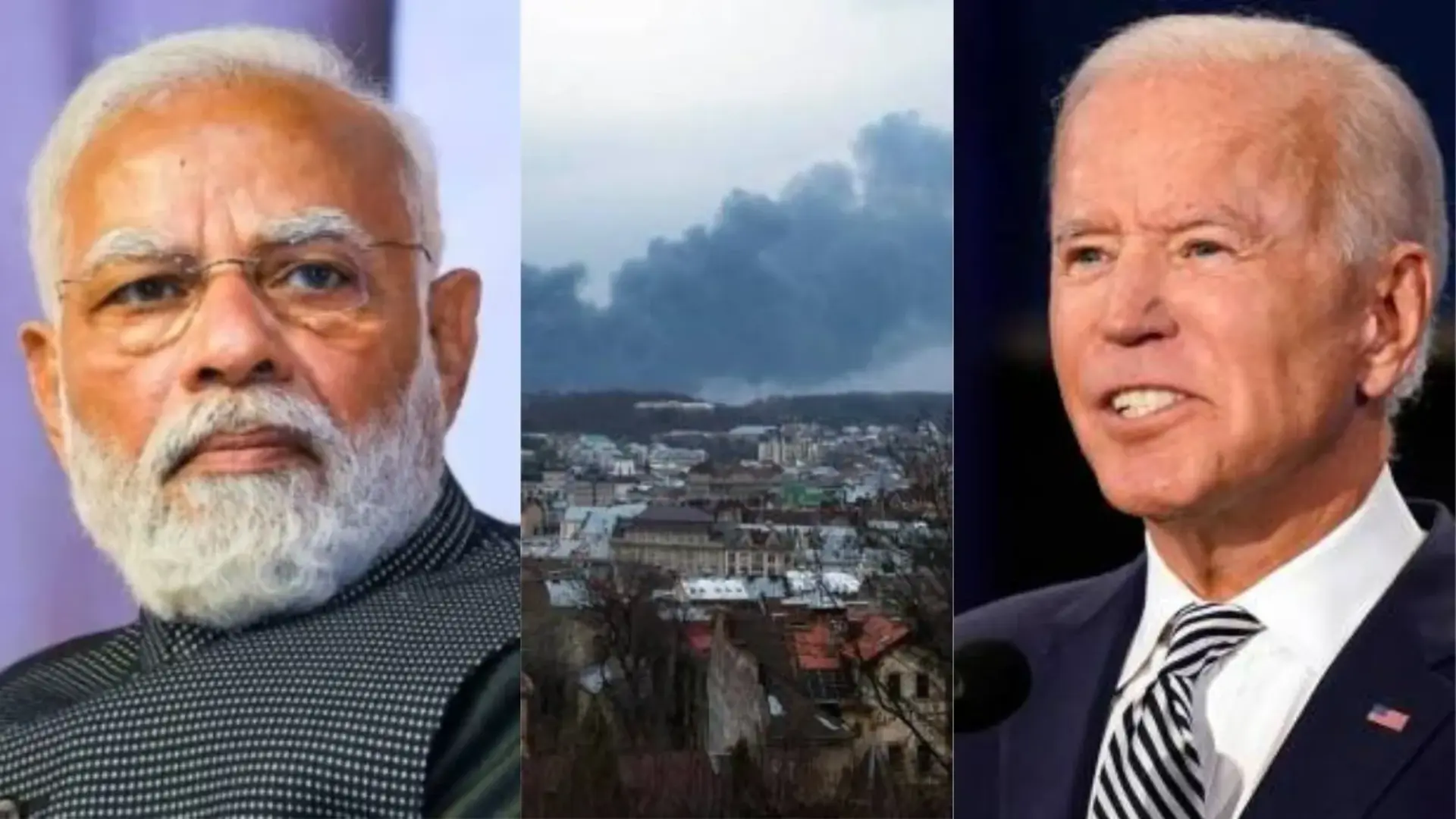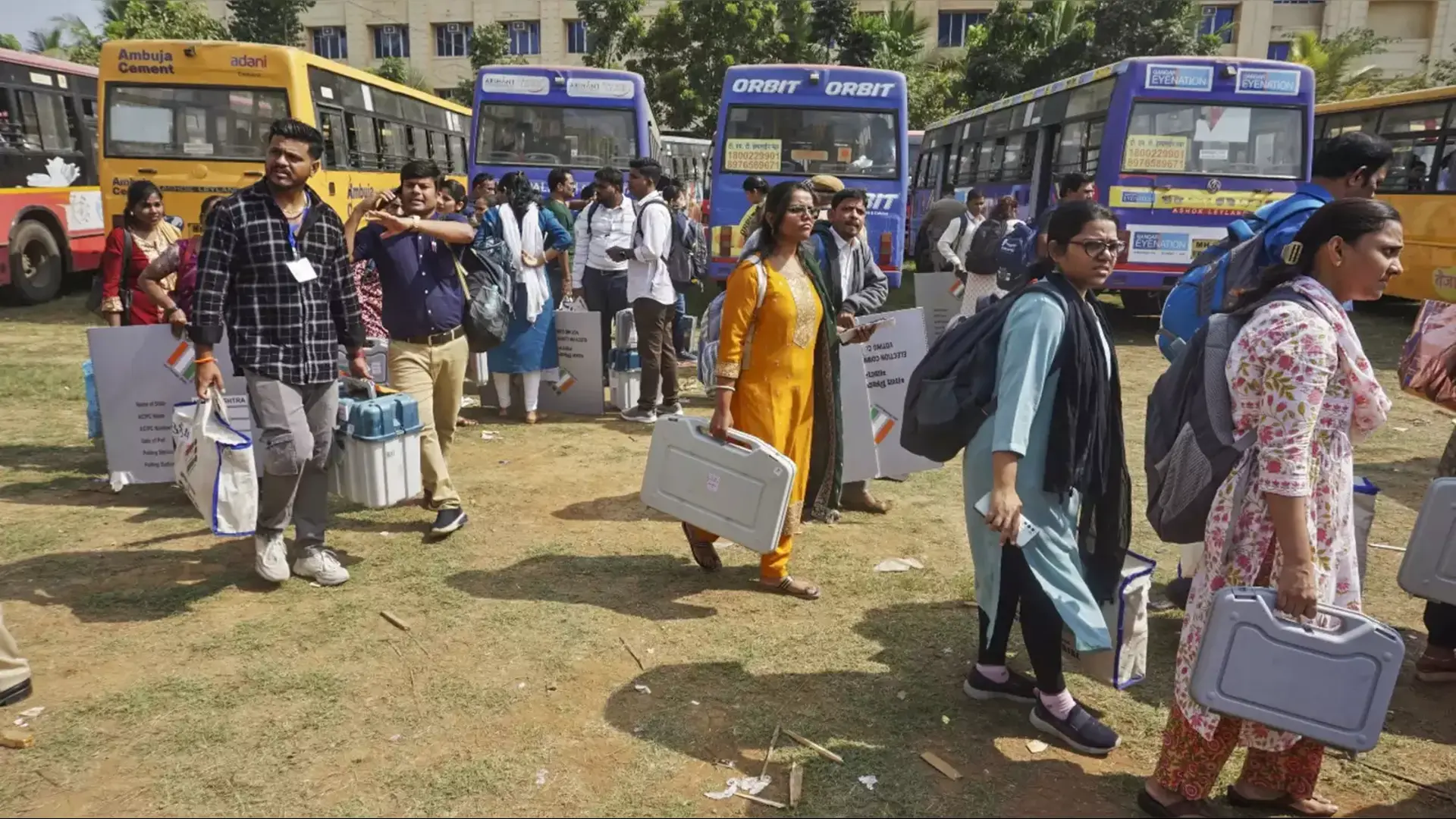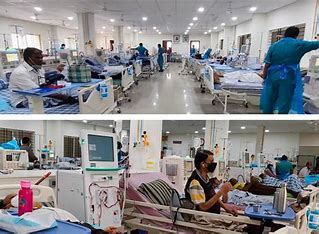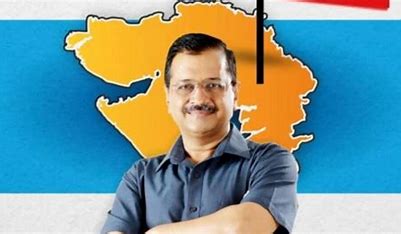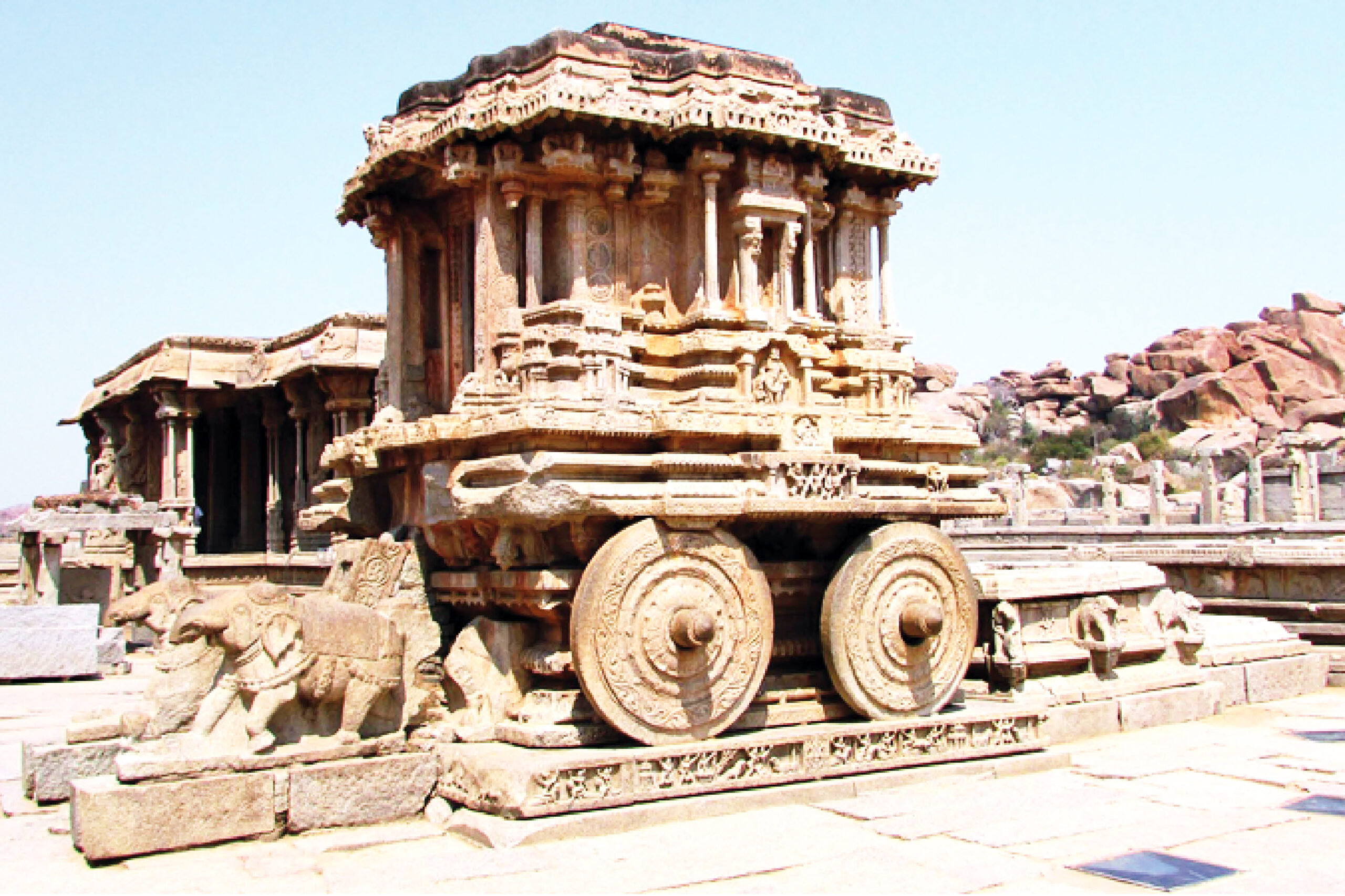
The Delhi Police filed a petition, on Wednesday, in Supreme Court challenging the Delhi High Court’s order in which the court has granted bail to Asif Iqbal Tanha, Devangana Kalita and Natasha Narwal. They were charged under the Unlawful Activities (Prevention) Act in connection to the Delhi riots that burned the capital in February last year.
The Delhi Police, in its petition, stated that the High Court while granting bail to the appellant before it, has to render findings touching upon the merits of the matter that will affect other similar cases jeopardising the cases going on before the Trial Court. Hence, the same must stay immediately.
The Delhi High Court has ignored material evidence against the petitioners which were present on record and the allegations have been made of flippant use of UAPA for which there is no basis and when there is enough evidence available to invoke the same against the appellant, the plea said
The High Court has misinterpreted the law laid down by this Court in the case of Union of India vs. K A Najeeb which will open a flood gate affecting almost every case under UAPA. Therefore, it is essential that such observations made by the High Court stay immediately, the plea added.
The Delhi High Court, on Tuesday, had granted bail to two JNU students Natasha Narwal and Devangana Kalita and a Jamia Millia Islamia student Asif Iqbal Tanha saying in its anxiety to suppress dissent, the state has blurred the line between the right to protest and terrorist activity and if such a mindset gains traction, it would be a “sad day for democracy.”
The Delhi High Court, while granting bail to Kalita and Narwal, observed, “We are constrained to say, that it appears, in its anxiety to suppress dissent and in the morbid fear that matters may get out of hand, the state has blurred the line between the constitutionally guaranteed ‘right to protest’ and ‘terrorist activity’. If such blurring gains traction, democracy would be in peril.”
“What we know is that offences, if any, that are alleged to have been committed by reason of the protests having been turned non-peaceful, are the subject matter of FIR Nos. 48/2020 and 50/2020, in which the appellant is one of the accused and the appellant has been admitted to bail and will face trial in due course. There is absolutely nothing in the subject chargesheet, by way of any specific or particularised allegation, that would show the possible commission of a ‘terrorist act’ within the meaning of section 15 UAPA or an act of ‘raising funds’ to commit a terrorist act under Section 17; or an act of ‘conspiracy’ to commit or an ‘act preparatory’ to commit a terrorist act within the meaning of Section 18 UAPA. Accordingly, prima-facie we are unable to discern in the subject chargesheet the elemental factual ingredients that are a must to found any of the offences defined under Section 15, 17 or 18 UAPA,” the court said
The Delhi High Court, in its order, also said that allegations relating to inflammatory speeches, organising of chakka jaam, instigating women to protest and to stock-pile various articles, and other similar allegations, in our view, at worst, are evidence that the appellant participated in organising protests but we can discern no specific or particularised allegation, much less any material to bear-out the allegation, that the appellant incited violence, committed a terrorist act or a conspiracy or act preparatory to the commission of a terrorist act as understood in the UAPA.”
